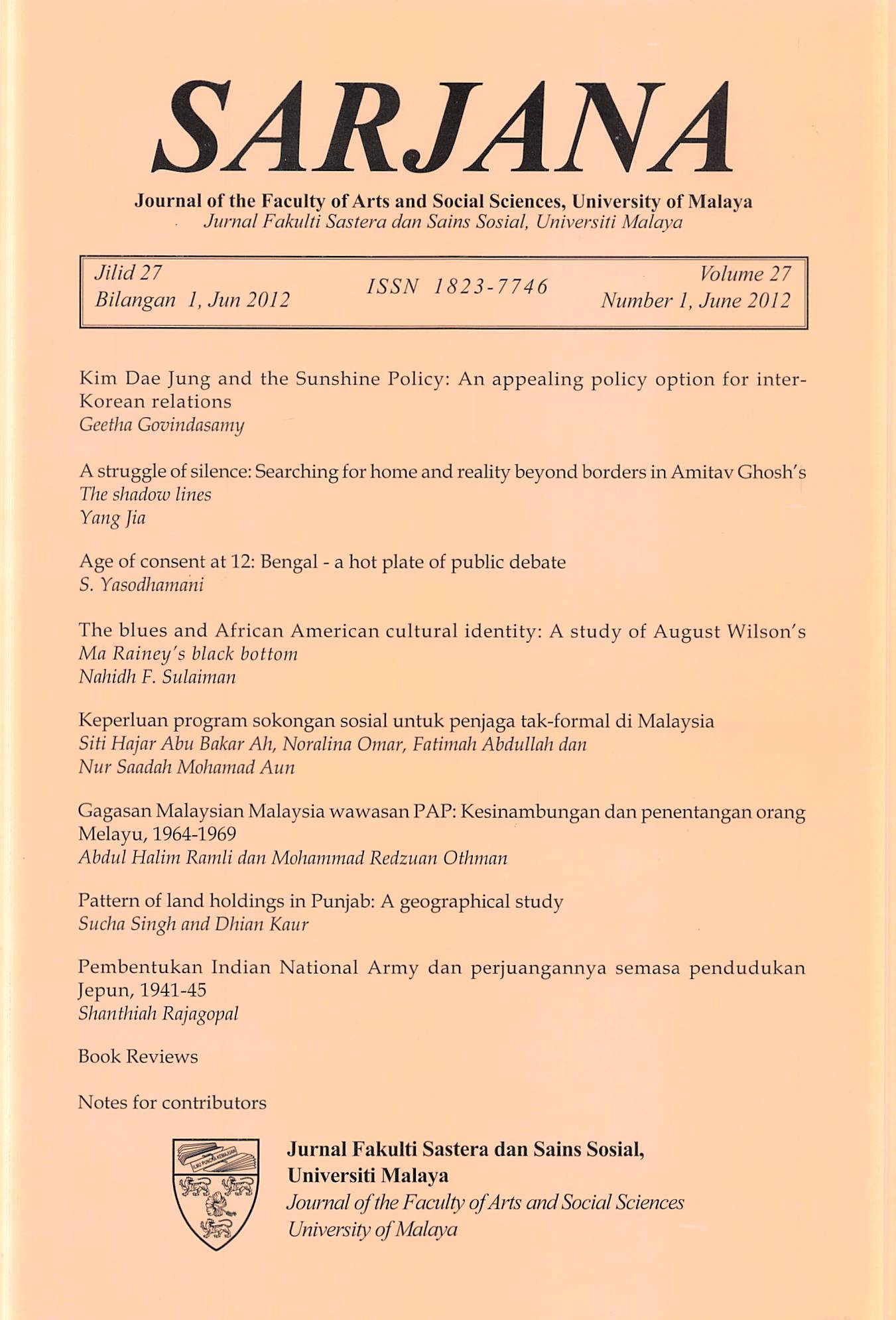KIM DAE JUNG AND THE SUNSHINE POLICY: AN APPEALING POLICY OPTION FOR INTER-KOREAN RELATIONS
Main Article Content
Abstract
Kim Dae Jung, an opposition leader who later became the president of South Korea in 1998 is celebrated for his progressive outlook that facilitated engagement with North Korea. Kim’s harsh political experience as a persecuted pro-democracy crusader at the hands of authoritarian South Korean regimes contributed to his more progressive political orientation towards North Korea compared to his predecessors. Changes in the global environment that included the end of Cold War and the Asian financial crisis are also important in understanding Kim’s approach towards North Korea. Had North Korea collapsed in the 1990s, the South with its weakened economy would have had to deal with increased instability and a likely massive influx of the North’s population. As such, engagement was seen as a preferred option by Kim because the cost of reverting to containment would have been politically and economically too high for South Korea. The article argues that Kim’s Sunshine Policy increased opportunities for economic and social linkages between the two Koreas and improved the situation in North Korea itself. In comparison, the conservative government of Lee Myung Bak’s rigid North Korea policy has not only damaged inter-Korean cooperation but has also increased tensions on the Korean peninsula.

